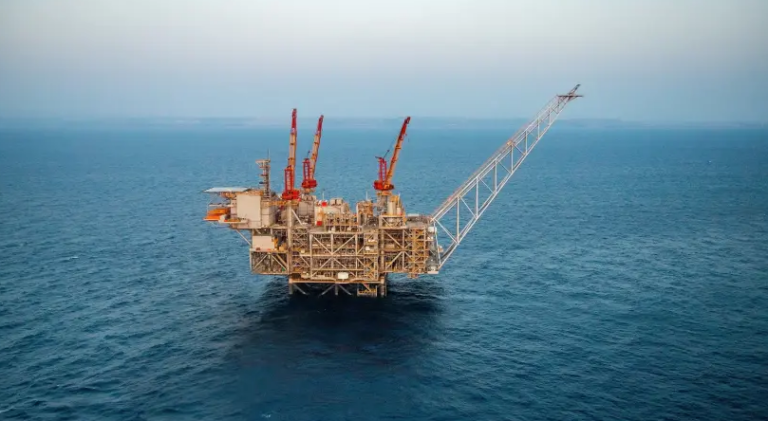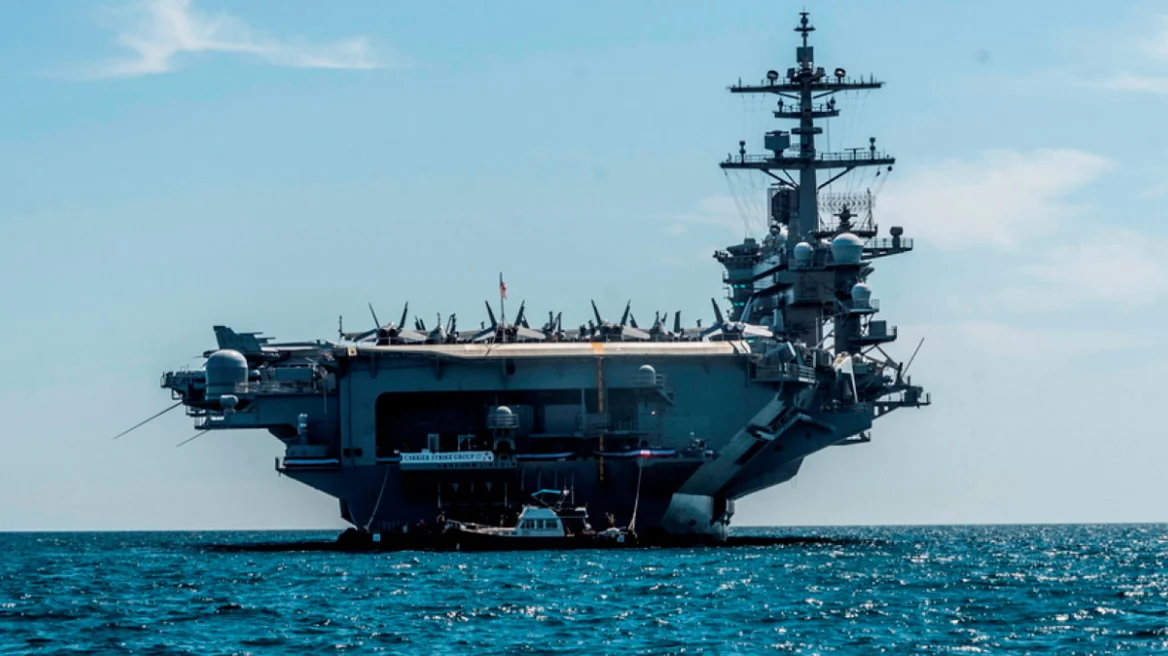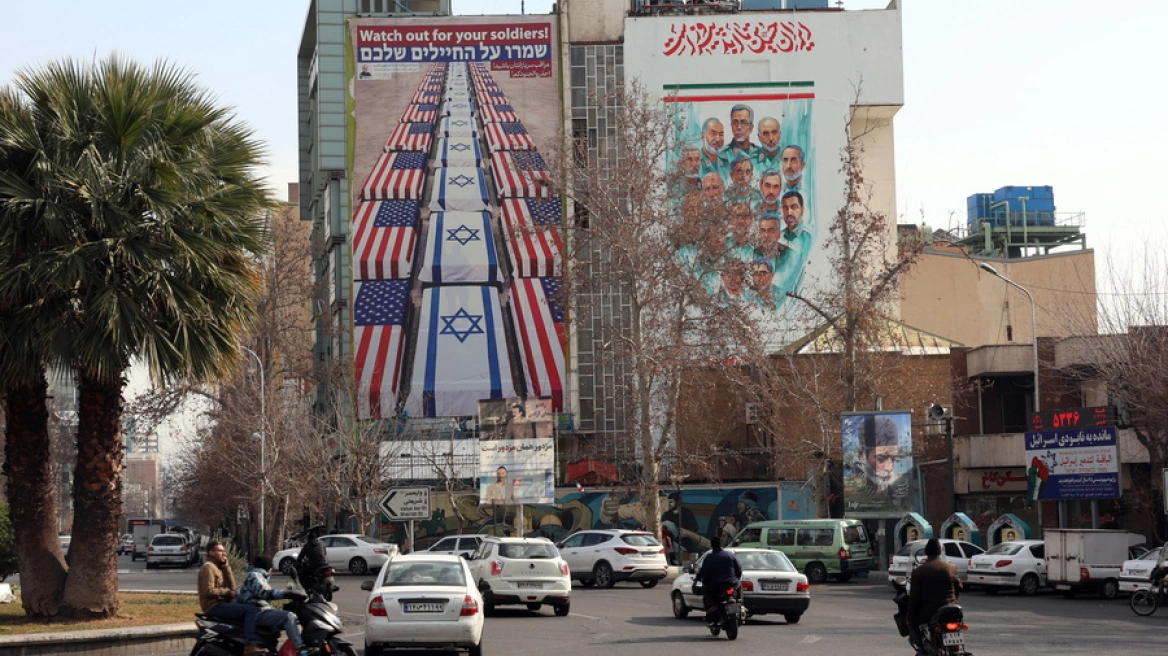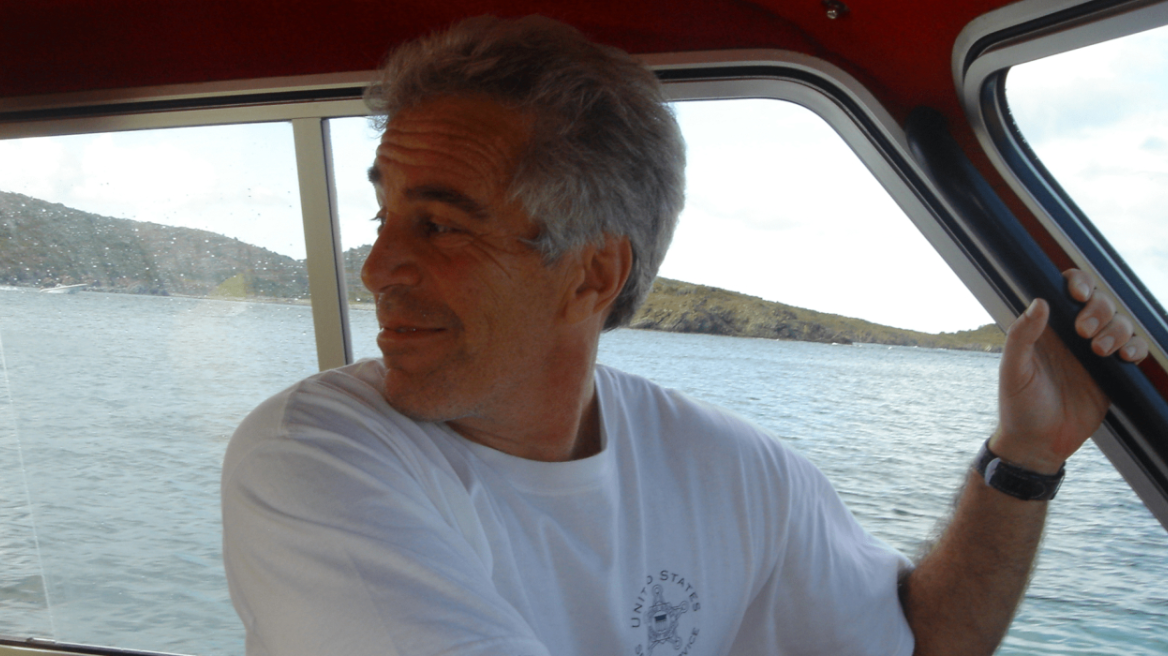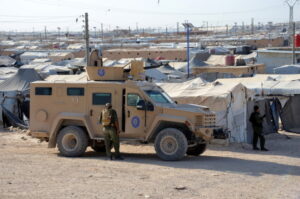Europe’s natural gas shortage, which has pushed prices to multi-year highs, has revived talk of the EastMed pipeline – a Mediterranean Sea pipeline that could carry gas from Israel to European customers, Chevron Chief Executive Michael Wirth said on Monday at the CERAWeek energy conference.
Wirth downplayed concerns over global oil supplies amid the ongoing Russia-Ukraine war and the subsequent potential for an energy crisis.
The EastMed pipeline, meant to transfer natural gas from Israeli waters to Europe via Greece and Cyprus, was announced in 2016, and several agreements have been signed between the three countries on the subject. They aim to complete the €6 billion ($6.54 b.) project by 2025, but no financing has been secured for it as of yet.
Last January, the US informed Israel, Greece and Cyprus that they no longer supported the proposed EastMed natural-gas pipeline from Israel to Europe citing the need to “(allow) for future exports of electricity produced by renewable energy sources, benefiting nations in the region.”
Putin warns West: If you persist with sanctions, world food prices will rise further
The pipeline’s viability, however, could be revisited amid concerns that a new energy crisis is looming as Russian energy imports are sanctioned and even subject to being banned. Brent Crude breached $130 a barrel on Monday, having risen over 30% since mid-February.
The EastMed pipeline is not the only new energy initiative being developed in Israel. The European Union committed €657 million ($716 m.) to connect the electricity networks of Cyprus and Greece in January, which was panned as the first step in forming the EuroAsia interconnector – which will eventually link the power grids of Israel, Cyprus, Greece and Europe. Further, the Karish gas field will connect to the Israel National Gas Line, the CEO announced in March.
Source: jpost
Ask me anything
Explore related questions
